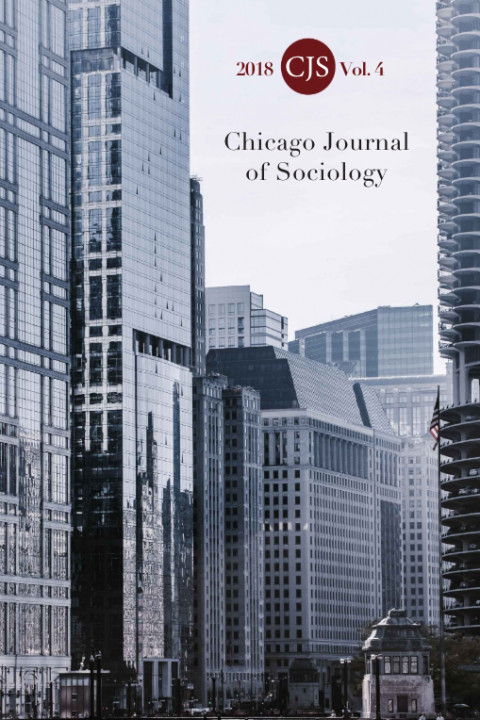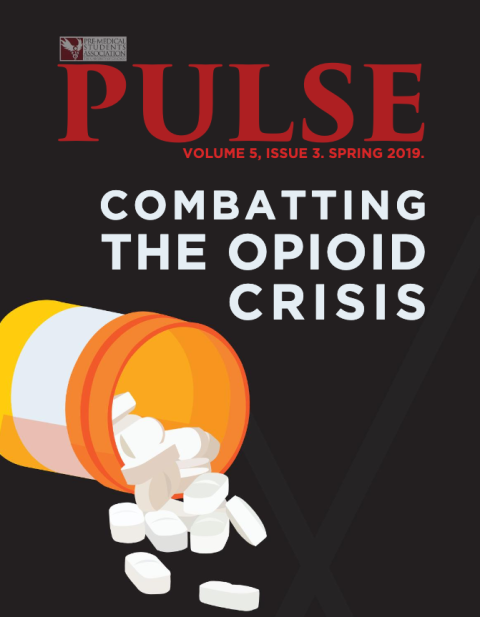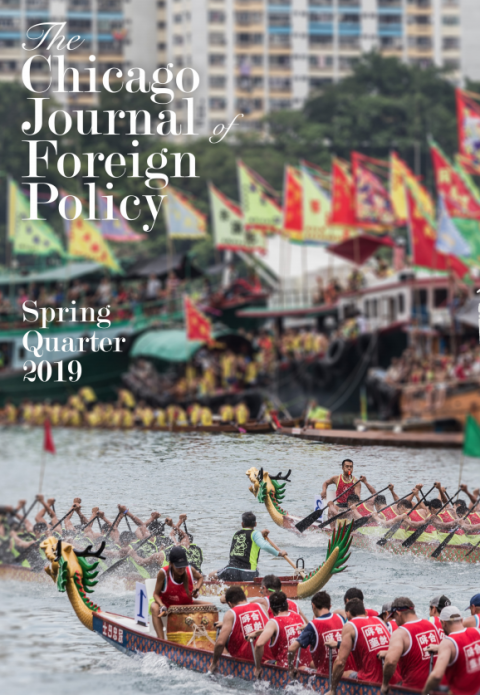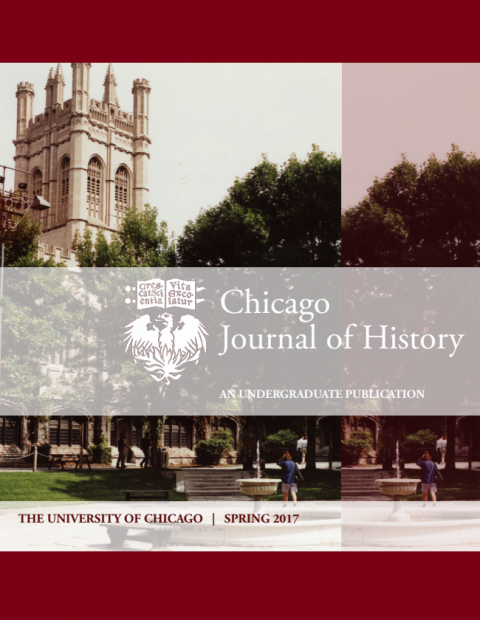As a preeminent research university, the University of Chicago is known for its innovative research across almost all realms of inquiry by faculty who are distinguished in their fields. Undergraduate students can become involved in this network in a variety of ways, including through thesis projects, positions as research assistants or by participating in student-run research publications. The last of these are student organizations that offer the opportunity to take the lead on research projects, presenting their findings to a campus audience in a format that is also reviewed and edited by their peers. Through pursuit of their own questions and curiosities, undergraduates build upon the knowledge they gain in classrooms and learn methods that will guide work in their chosen fields.
The Chicago Journal of Sociology

Founded in 2014 and supported by the UChicago Department of Sociology, the Chicago Journal of Sociology showcases undergraduate work from students across the city of Chicago. Student editors gain the experience of turning B.A. theses of exceptional quality into published academic articles. The journal began as a workshop for students studying sociology to collaboratively review their B.A. theses, but it has since transitioned to a more traditional journal format with calls for papers that go through a review process before publication.
2018-2019 Editor-in-Chief Marissa Combs emphasized the pedagogical purpose of the journal for both its members and students who submit papers: “Undergraduate journals are not in the business of driving the field or making novel claims. What we care about and look for is careful argumentation and close attention to methodology and analysis.”
With a focus this year on building a community of undergraduates across Chicago who are interested in sociology, the journal marked its first year of collaboration with other Chicago-area schools such as DePaul University, Northwestern University, University of Illinois at Chicago and Loyola University Chicago. Another priority for the journal is providing mentorship and growth for editors and members, who attend workshops throughout the publication process to learn about different aspects of academic editing and publishing. Combs hopes that this momentum will lead to an increase in collaboration “in a way that gives younger students ownership of the journal.”
PULSE Magazine

Unique from a purely scientific journal, PULSE Magazine is a publication geared toward those interested in the pre-health and pre-medical professions. Covering general biomedical research, as well as topics like health policy and economics, clinical work, and current events, PULSE offers opportunities for students for write personal reflections on medicine. Founded in 2014, PULSE aims to create a space for topics not highlighted in the typical pre-medical academic experience.
With this contemporary focus on medicine, 2018-2019 Editor-in-Chief Irena Feng cited a standout article in the Winter 2017 issue that focused on the changes in healthcare that the United States might anticipate after the 2016 presidential election. According to Feng, PULSE seeks to expand further: “We want to explore graphic medicine as well, taking a deeper look into the intersection of art, medicine, and other areas of health.”
The Chicago Journal of Foreign Policy

The Chicago Journal of Foreign Policy specializes in research on foreign affairs, international relations and comparative politics. Students contribute blog posts on the publication's website or longer academic work for the publication’s journal issues.
The journal’s editors accept research on a broad array of topics, seeking original arguments in popular aspects of foreign affairs or presentation of unique and underemphasized topics. Editor-in-Chief Josh Zakharov pointed out stand-out examples such as an editor’s piece on why wars of annexation have grown less frequent and another on the United Nations’ Declaration of the Rights of Indigenous Peoples.
Founded in 2012, the journal offers a space for students to present in-depth conversation about the politics of the world through live, short-form commentary on recent events as well as thorough, long-form pieces. Students’ contributions “remind us how invested the UChicago community is in what most people would consider niche policy issues,” said Zakharov.
The Chicago Journal of History

In a recent issue packed with essays on topics like juvenile justice reform in Florida, gendered and spiritual approaches to early Chinese medicine, and cross-dressing and gender identity in 19th-century San Francisco, the Chicago Journal of History demonstrates the breadth of undergraduate historical research. The biannual publication aims to give students experience in using primary and secondary sources, hone their writing skills and foster a community within the history department.
The journal accepts submissions from undergraduates in the College as well as from other academic institutions. Essays that draw on an interdisciplinary approach to their sources often find a home in the journal, and the journal’s staff strives to bring fresh approaches and new lines of inquiry to readers.
Rising fourth-year and Co-President Lindsay Nicholas emphasized the value of being part of the editorial team of a journal like the Chicago Journal of History. “I find myself spending much more time looking through footnotes and endnotes than before to understand how an author is drawing their conclusions,” she said. “The discussions we have as a board about what makes a paper worth publishing has been incredibly influential in my own understanding of what qualifies as strong research.”